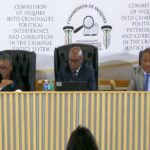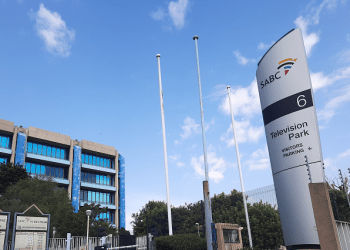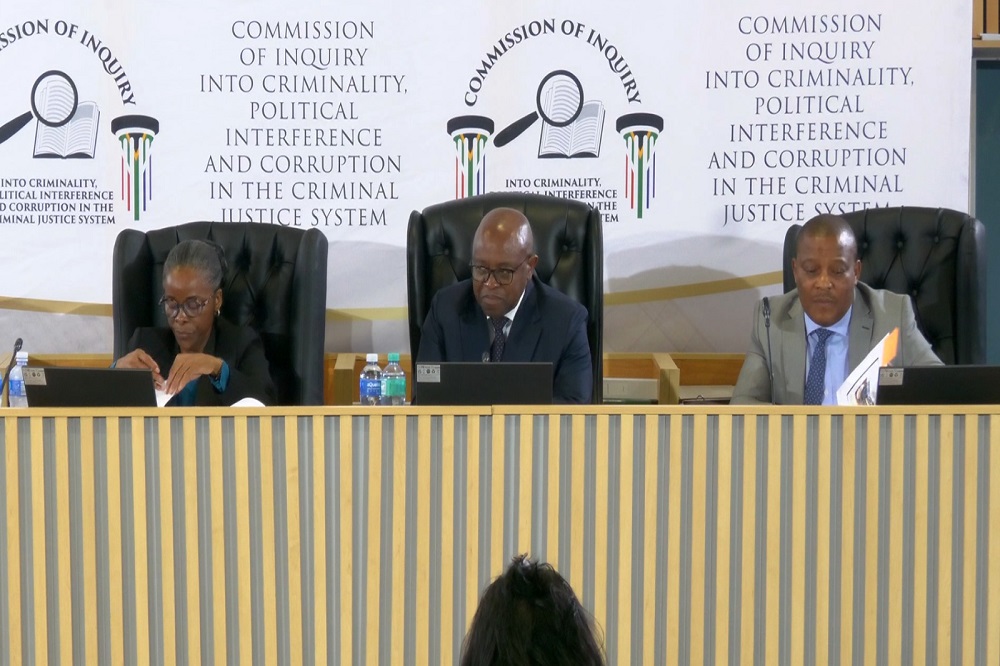-
SABC Television building in Auckland Park, Johannesburg.
Senior Counsel for Umkhonto we Sizwe (MK) party, Dali Mpofu has argued that the South African Broadcasting Corporation (SABC) is not entitled to repeat the term “Government of National Unity” simply because it is used by the government.
Mpofu says that the SABC should not be a mouthpiece for the Democratic Alliance (DA) and African National Congress (ANC) by adopting and spreading the term.
He also argues that the GNU was created by the two parties with the statement of intent being signed by ANC Secretary General Fikile Mbalula and DA Federal Council Chairperson Helen Zille.
Mpofu is pleading his case in the High Court in Johannesburg, where the MK party has brought the SABC to court over its use of the term GNU.
“President Ramaphosa is entitled to use whatever fig leaf he wants to use to his colleagues in the ANC. That’s not what we’re debating here. What we’re debating is whether the SABC is entitled to adopt that fig leaf and spread it to the country as the gospel truth.When the author, this is one of the two signatories to the statement of intent, says she should know more than all of us.”
MK Party argues SABC is choosing political sides by use of term “GNU”:
‘No breach of editorial code’
Meanwhile, Senior Counsel for the SABC Advocate Terry Motau has argued that the public broadcaster has not breached its editorial code in using the term “government of national unity”.
This as the MKParty has hauled the SABC before the High Court in Johannesburg, challenging the use of the term – GNU. The MK Party has argued that the use of the term promotes a false and inaccurate depiction of the current government.
Motau explains, “Even assuming they’re correct on everything, the remedy is to say the SABC has breached its editorial code and these provisions, et cetera, and it has breached the conditions of the Broadcasting Act in these sections. There isn’t such a case, my Lady. And because there isn’t, if you’ve asked for the wrong remedy in breach of the principle of subsidiarity, the court unfortunately cannot come to your assistance.”
‘Procedures not followed’
Head of Programmes at Media Monitoring Africa, Thandi Smith, says procedures for handling media-related queries were not properly followed in the case involving the MK Party and the SABC.
Smith says the MK party’s decision to approach the court without following necessary procedures raises questions about its agenda.
“For a political party to go straight to court for this sort of matter, you start asking questions about where the agenda around going straight to court is or what has prompted going directly to court. Because we’ve got these strong complaints mechanisms within our media industry, there’s a reason that we have complaints processes and procedures. And sort of linked to that this case is against what is most certainly an editorial decision-making process. And so it would be appropriate to follow correct complaints procedures.”











